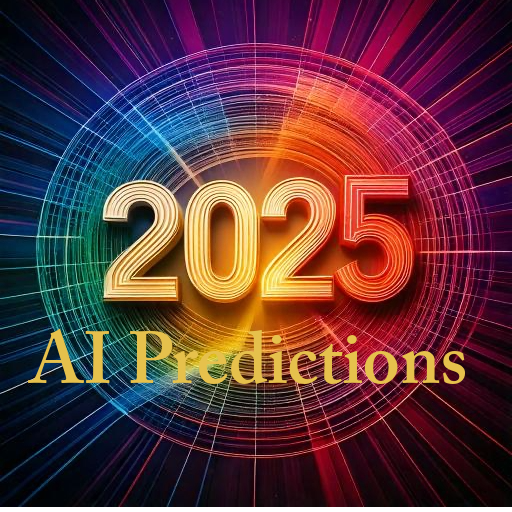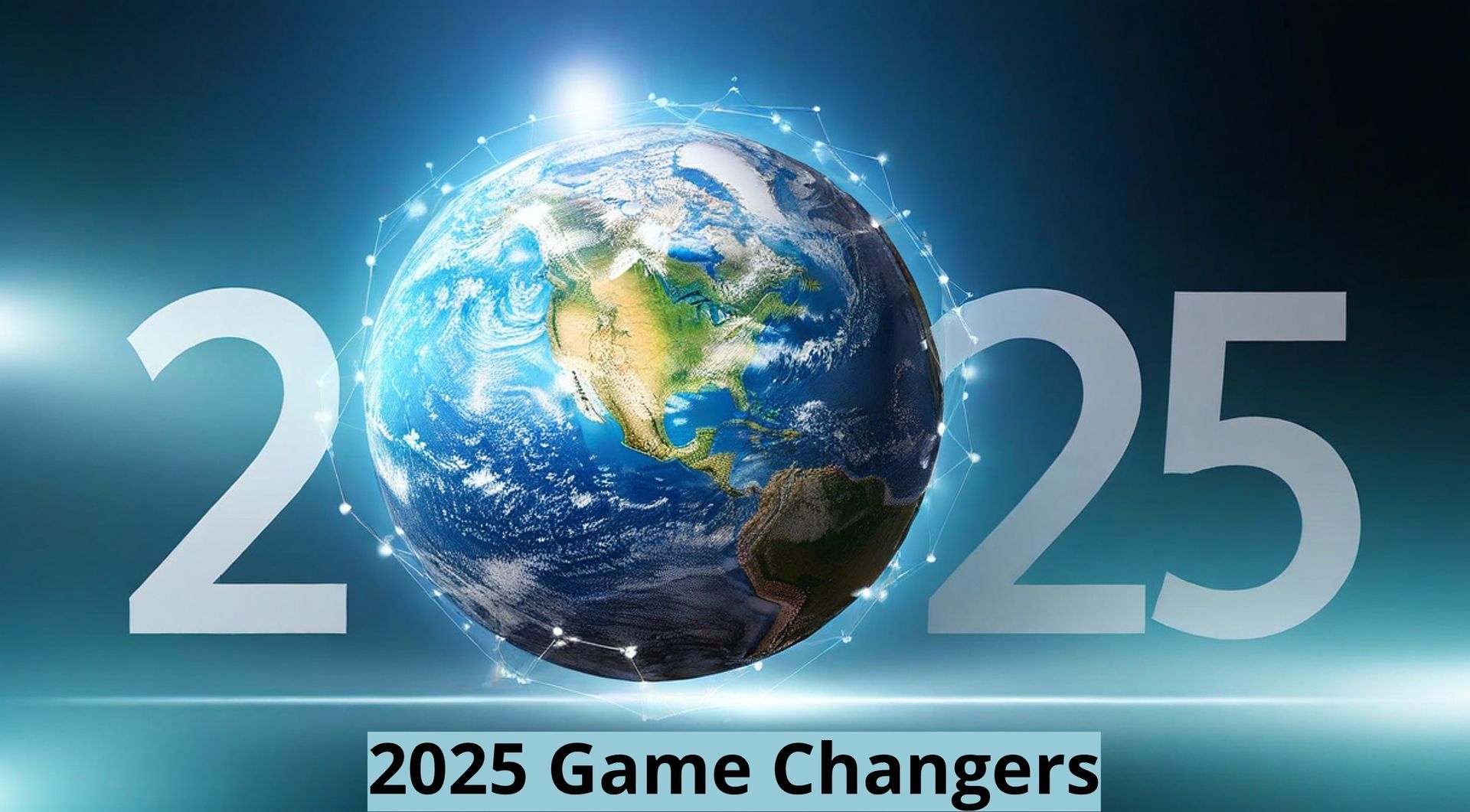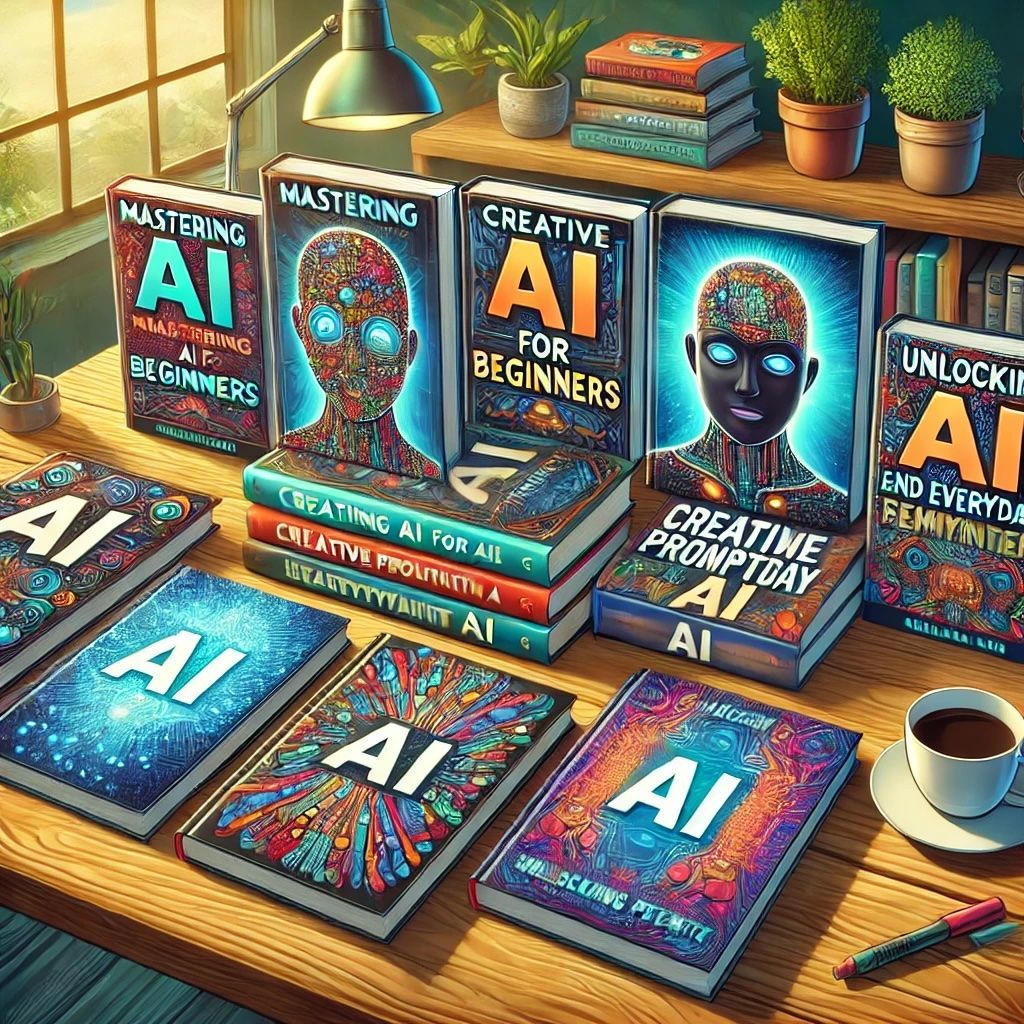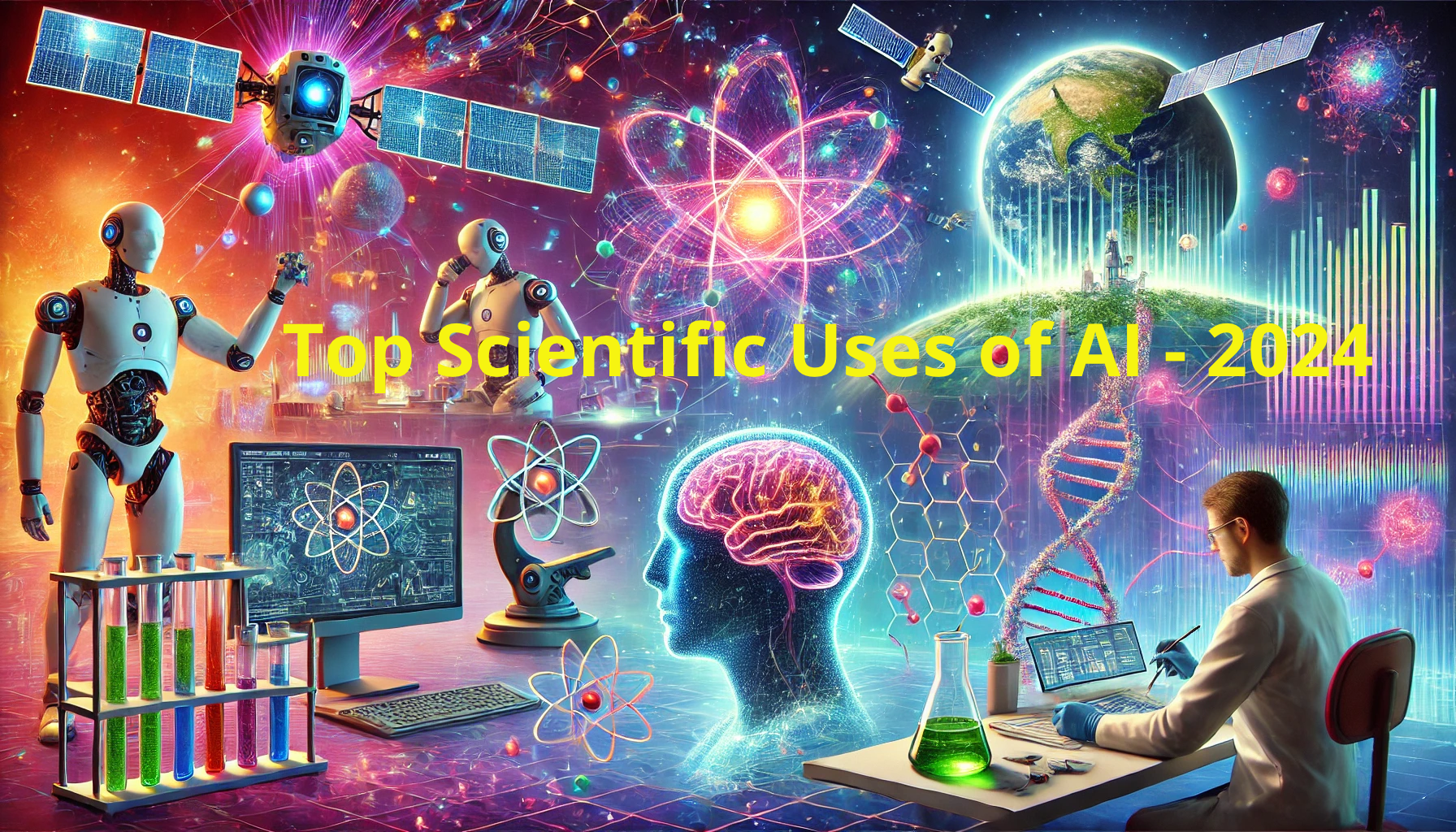AI Predictions for 2025
2025 – the Year of AI (again)

No surprise - advancement in artificial intelligence is predicted to be the key trend for 2025 by many trend watchers. AI was a massive impact to many activities in 2024 and this coming year is likely to be equally if not more so, with impacts by AI discoveries plus expanded use.
Drilling down into the specifics, a few highlights appear in several 2025 AI prediction lists. Key predictions include:
1. Mainstream Adoption of AI Agents
AI-powered assistants are expected to become commonplace, performing tasks ranging from scheduling to complex problem-solving. We will see them in the workplace, as consumers, and at home for our specific use.
2. Advancements in Conversational AI
Conversational AI is projected to evolve into a primary interface for web interactions, akin to the role of web browsers today. These include tools such as Alexa and Siri as well as chatbots for online retailers and health care symptom checkers.
3. Integration of AI in Consumer Electronics
Upcoming devices will feature enhanced AI capabilities, including advanced audio editing and transcription services.
4. Economic Impact of AI-Driven Stocks
Some financial institutions predict that AI advancements will continue to drive U.S. stock growth.
5. Challenges in AI Progress
Some industry leaders think the “easy wins” are giving way to AI discoveries that are more challenging and thus potentially more expensive to bring to market and ultimately implement.
6. AI in Business Operations
The rise of AI agent implementations is anticipated to revolutionize business workflows by automating routine tasks and enabling human workers to focus on strategic initiatives, leading to increased efficiency and innovation.
7. Energy Consumption Concerns
The proliferation of AI technologies, particularly generative AI, is expected to significantly increase data center energy usage, prompting a need for sustainable AI practices. Communities are getting involved with the location decisions of massive data centers as the need for power infrastructure can impact a community.
8. Regulatory and Ethical Considerations
As AI systems become more pervasive, there will be heightened focus on developing regulations to address ethical concerns, data privacy, and the societal impact of AI, ensuring responsible development and deployment. Governmental agencies as well as corporations are realizing the potential risks and risk management measures needed.
For additional trend predictions, check out these articles:
https://www.pwc.com/us/en/tech-effect/ai-analytics/ai-predictions.html
https://www.forbes.com/sites/emilsayegh/2024/12/09/2025-tech-predictions-ai-maturity-and-cybersecurity-evolution/
https://www.forrester.com/blogs/predictions-2025-artificial-intelligence/
https://www.pewresearch.org/internet/2014/08/06/predictions-for-the-state-of-ai-and-robotics-in-2025/


My company uses artificial intelligence in a transparent and honest manner. We support the use of AI in business with the use criteria including being socially beneficial, explainable, fair, and secure. We integrate AI tools into our business processes to enhance efficiency and decision-making and to improve quality.



